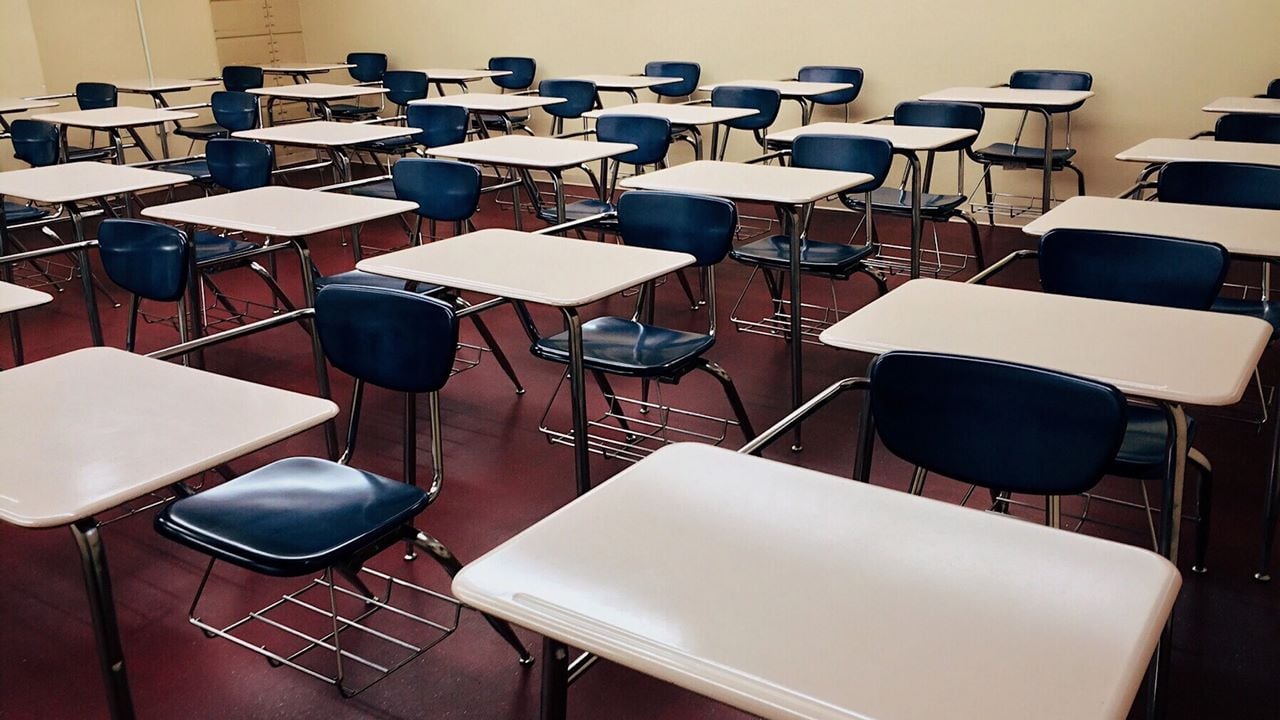UNICEF warns of a setback in education two years after the pandemic

EFE.- The United Nations Children’s Fund (UNICEF) warned this Tuesday of Serious setbacks in education are piling up in many countries two years after the pandemicWith hours and hours of school lost and millions of children never fully returned to the classroom.
In a new study, the United Nations Children’s Agency Analyzes the educational impact of Covid-19 in 32 poor and middle-income countries He concludes that if no action is taken, education in many places may go from “great standard” to creating a “big gap” between children who learn well and those who do not.
“When children cannot interact with their teachers and peers directly, their learning is affected. When they are unable to interact with their teachers and peers in any way, the loss can become permanent.UNICEF Executive Director Catherine Russell warned in a statement.
The report indicates that One million children have lost more than half their personal hours of instruction in the past two years And with 23 countries where schools have not yet fully opened, the risk of dropping out of school is rising exponentially.
We recommend the following: Education knows no flags: how the education system adapted to society
According to the data collected in Liberia, 43% of students never returned to classrooms when they reopened in December 2020 after months of closure. In Uganda, one in ten children did not return to school when schools ended their two-year closure in January of this year.
Meanwhile, in South Africa, the number of out-of-school children tripled between March 2020 and July 2021, and a survey in Kenya found that 16% of female students and 8% of males aged 10-19 have dropped out of classes. during the pandemic.
UNICEF stressed that out-of-school children tend to become the most vulnerable and marginalized people in society.
The study also draws attention to the low level of learning for many students who have continued to study during the pandemic.
Follow business information and news in Forbes Mexico
According to its authors, the rate of progress in the countries analyzed is so slow that it will take seven years for most students to acquire the basic levels of reading to be learned within two years.
Across the 32 countries studied, a quarter of eighth graders — about 14 years old — did not have the reading levels expected of a second grader.
Meanwhile, more than half did not reach the expected level in mathematics for the second year, when the students were about 7 years old.
As the pandemic enters its third year, we cannot afford to return to normal. We need a new normal: having children in classLook at where they stand in their learning, give them the extensive support they need to make up for it and make sure teachers have the willingness and resources they need,” Russell said.
Do you already have us on Facebook? Give us your like and get the best information

“Award-winning zombie scholar. Music practitioner. Food expert. Troublemaker.”









